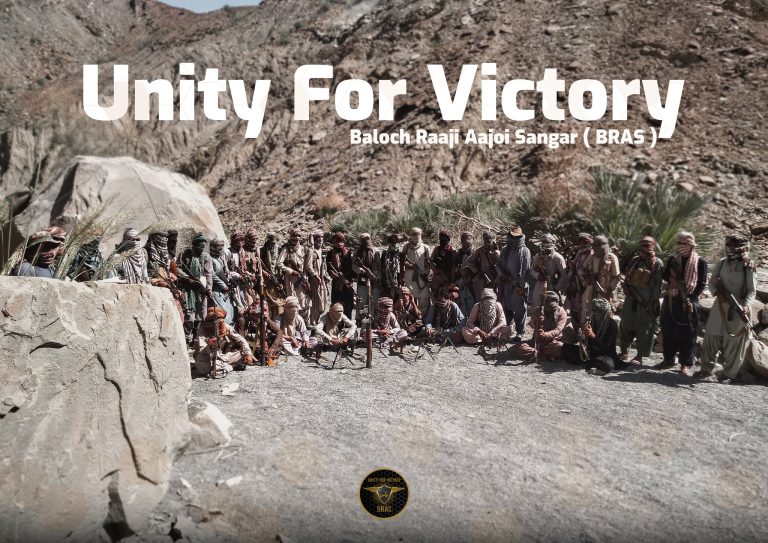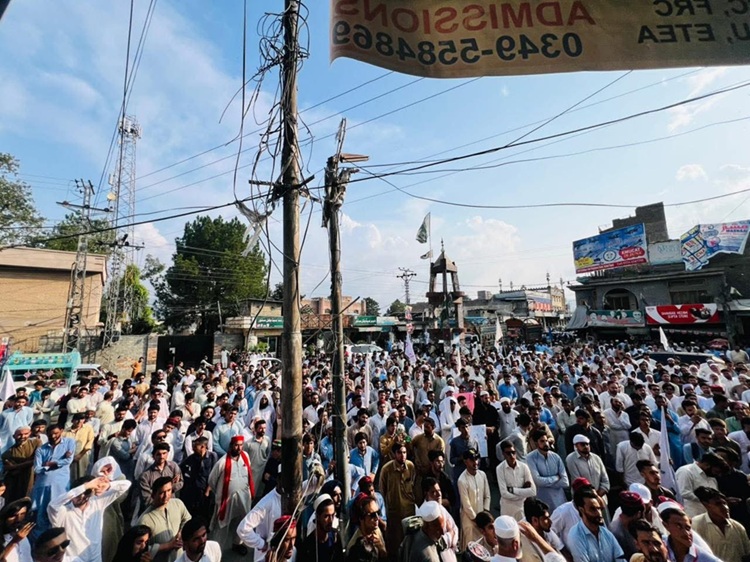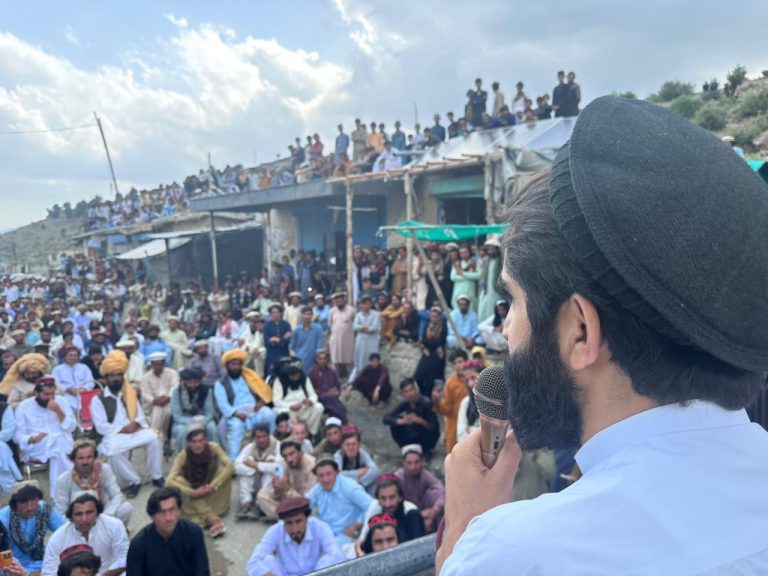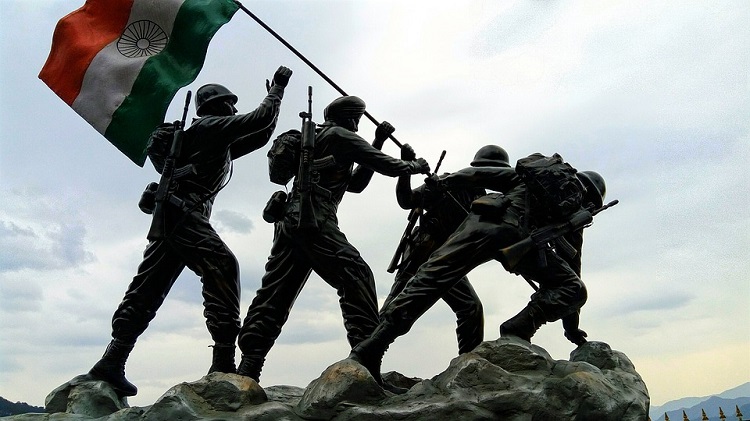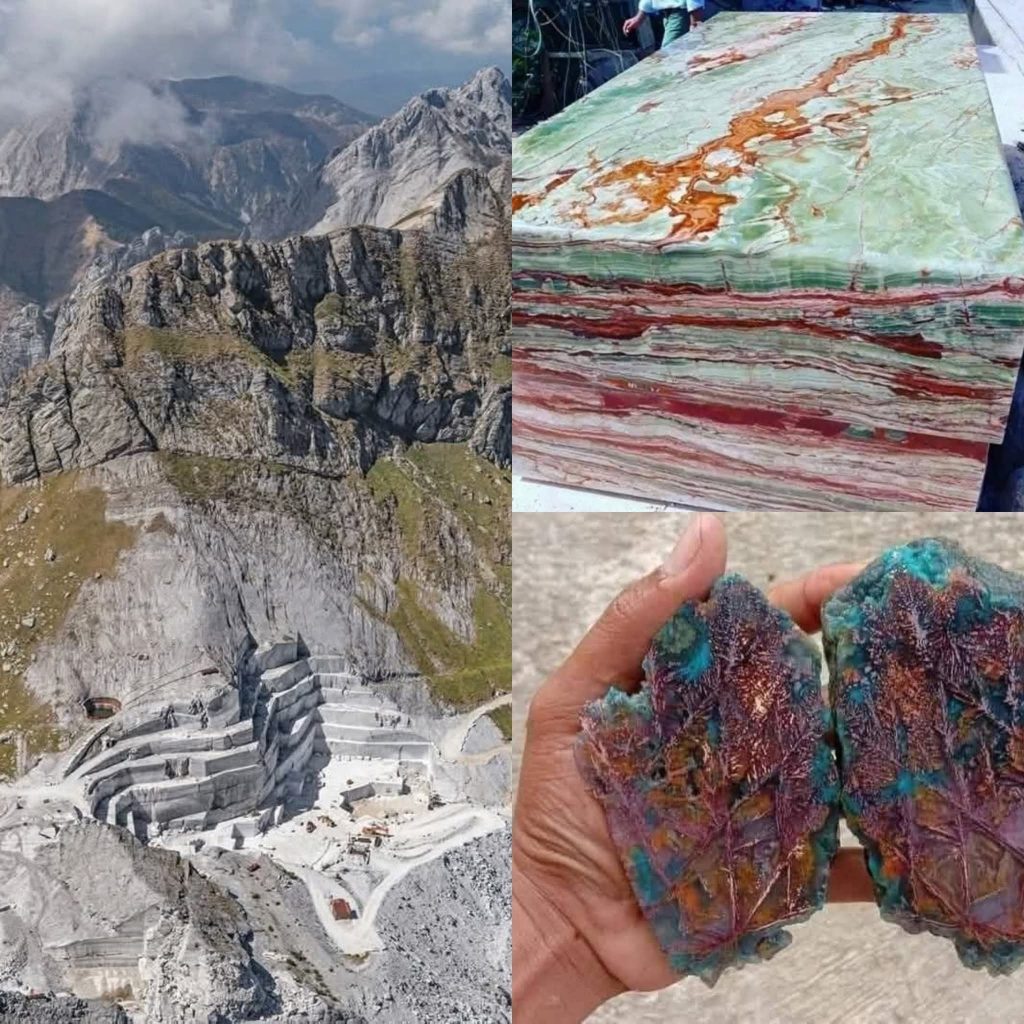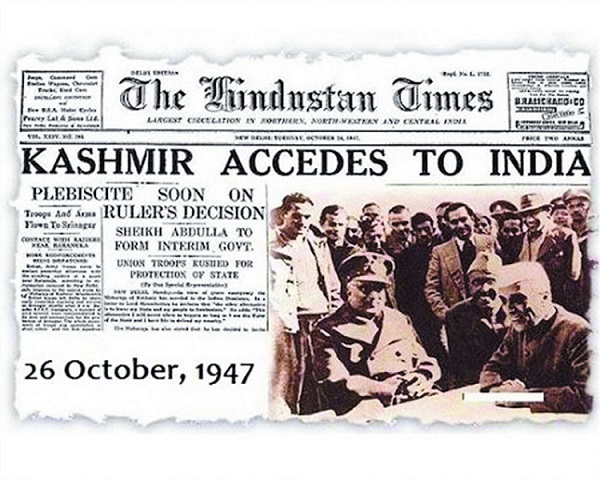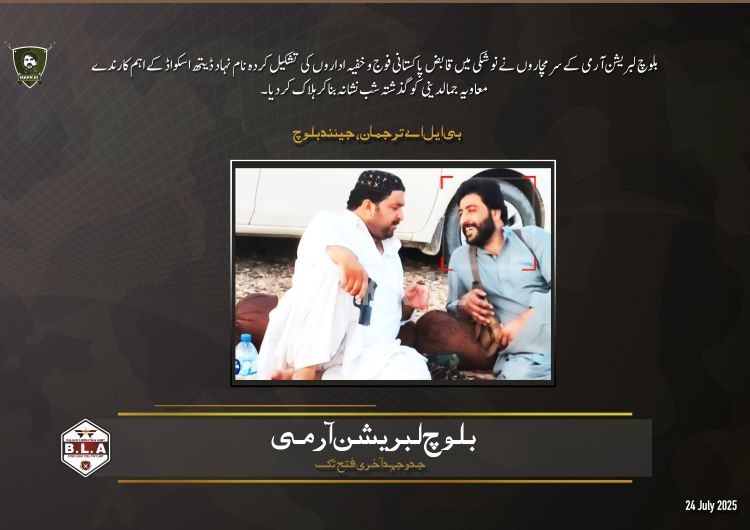Just the other day, Pakistan’s Foreign Office [FO] issued a statement in which it accused New Delhi of launching Operation Sindoor “without any verifiable evidence or a credible investigation” into the Pahalgam terror attack. It simultaneously declared that “as a responsible country, Pakistan remains committed to peace, regional stability, and a meaningful dialogue for resolution of all outstanding issues, including the core dispute of Jammu and Kashmir [J&K].” However, Islamabad’s assertions failed to impress as they weren’t supported by ground realities.
By declaring The Resistance Front [TRF] a designated Foreign Terrorist Organisation [FTO] and Specially Designated Global Terrorist [SDGT] for perpetrating the Pahalgam carnage, Washington has univocally endorsed India’s claim that TRF was responsible for the April 22 Pahalgam terrorist attack in J&K. As the US Department of State follows a stringent inquiry process before designating Foreign Terrorist Organisation [FTO] and Specially Designated Global Terrorist [SDGT], how did Islamabad assume that anyone would believe its claim that there was no “credible investigation” of the Pahalgam slaughter?
Furthermore, in its report released on Tuesday, the UNSC Sanctions Monitoring Team has mentioned that “The [Pahalgam] attack was claimed that same day by The Resistance Front [TRF], who in parallel published a photograph of the attack site.” This report also mentions that the “claim of responsibility [by TRF was] repeated the following day,” and has taken cognisance of two undeniable facts: One, “the attack could not have happened without Lashkar-e-Taiba [LeT] support,” and two, that “there was a relationship between LeT and TRF.” Hence, isn’t Islamabad’s claim of no credible investigation laughable?
Hollow Pledge
Next is Islamabad’s pompous declaration that “as a responsible country, Pakistan remains committed to peace, regional stability, and a meaningful dialogue for resolution of all outstanding issues including …J&K.” Unfortunately for Pakistan, the day Pakistan’s Foreign Office [FO] made this lofty statement, the Indian army thwarted an infiltration bid across the Line of Control [LoC] by Pakistan-sponsored terrorists in the Poonch Sector of J&K, killing two heavily armed infiltrators. Doesn’t this incident outrightly debunk Pakistan’s claim of being a “responsible country” and committed to peace and resolution of all
outstanding issues through “meaningful dialogue”?
Rawalpindi’s Terrorist Fixation
There’s a general consensus amongst level-headed military analysts that the three-and-a-half decade old so-called “armed struggle” in J&K sponsored by the Pakistan Army hasn’t given any tangible results in achieving the proclaimed “Kashmir banega Pakistan” [Kashmir will become part of Pakistan] objective.
Au contraire, Rawalpindi’s proclivity for harbouring, arming and using terrorists as ‘strategic assets’ for waging proxy war against its neighbours has had irreversible adverse effects for Pakistan- an admission that’s come from the very horse’s mouth!
In 2010, while speaking at the Atlantic Council of the United States Pakistan’s ex-President and former army chief Gen Pervez Musharraf admitted that what he referred to as the “Kashmir dispute” was “causing a lot of terrorism and extremism within our society.” Conceding that it was “religious militancy in Afghanistan [and] religious militancy in Kashmir,” Gen Musharraf accepted that due to this “religious extremism went on the rise [in Pakistan], and because of that TTP [anti-Pakistan terrorist group Tehreek-e-Taliban Pakistan] also came about.” But Gen Musharraf isn’t the only one who spoke about the adverse effects of Pakistan turning into a breeding ground for terrorists.
Readers would recall that during his 2019 visit to the US, the then Prime Minister of Pakistan Imran Khan had disclosed that “when you talk about militant groups, we still have about 30,000-40,000-armed people who have been trained and fought in some part of Afghanistan or Kashmir.” Admitting that Islamabad “did not tell the US exactly the truth on the ground [sic],” he revealed that “our governments were not in control” and “there were 40 different militant groups operating within Pakistan.”
While Gen Musharraf’s disclosure leaves no room for any doubts that J&K is experiencing “religious militancy” [a euphemism for terrorism], Khan’s candid revelation that governments in Pakistan “were not in control” over militant groups is an unambiguous acceptance of the fact that terrorists enjoyed patronage of the country’s powerful army. Unfortunately, despite the people of Pakistan suffering immensely due to religious extremism, the situation hasn’t changed even today, and Pakistan Army chief Gen Syed Asim Munir has only helped harden religious extremism by his Hinduphobic remarks.
During his address to the Convention for Overseas Pakistanis on June 16, Gen Munir maintained that there were “stark differences between Hindus and Muslims.” He also tried to whip up communal sentiments by saying, “Our forefathers believed that we were different from Hindus in every possible aspect of life’ and pointing out that “Our religion is different, our customs are different, our traditions are different, our thoughts are different, [and] our ambitions are different…” That the Pahalgam terrorist attack in which Hindu tourists were killed after being subjected to religious profiling occurred just six days after Gen Munir’s portrayal of Hindus as existential enemies of Muslims is no coincidence. It was a well-planned operation conceived by Pakistan Army’s spy agency Inter-Services Intelligence [ISI] and executed by its proxies to arouse emotions and trigger anti-Muslim sentiments in India that would culminate in communal violence. And all this was done just to prove that Gen Munir’s absurd claim of intrinsic Hindus-Muslims non-compatibility was true.
India’s Response
Even though Indo-Pak talks have yielded no positive results in the past, some still feel that New Delhi should restart the dialogue process with Islamabad to usher normalcy in relations and bring about peace between the two neighbours. Those who espouse this school of thought contend that one should never give up hope and their unbounded optimism deserves appreciation. However, since depicting “Hindu India” as an existential threat to the Islamic Republic of Pakistan suits both Pakistan’s polity and military, to expect Islamabad and Rawalpindi to smoke the peace pipe with New Delhi would be delusional.
Considering Pakistan’s compulsion of keeping the Indian hegemony bogey alive amongst its masses, India’s present stance that talks and terror can’t go together, any terrorist attack will be construed as an act of war, and water and blood too cannot flow together is the best available and most comprehensive alternative. While military pressure would curtail, if not completely end, terrorist activities; suspension of trade and commerce will definitely hurt Islamabad more in financial terms and could well prod a near bankrupt Pakistan to rethink its self-debilitating strategy of using terrorism as a foreign policy tool.
New Delhi’s decision to hold Indus Water Treaty [IWT] in abeyance is perhaps the most effective means to knock some sense into Rawalpindi as unregulated water flow would have serious consequences on Pakistan’s agriculture sector and hence cannot be disregarded. And it’s here that New Delhi must take a leaf out of Islamabad’s book by refusing to entertain any request or even threats to restore the status quo.
The Indus Water Treaty [IWT] preamble clearly mentions that this agreement was made “in a spirit of goodwill and friendship” and since Pakistan has willfully violated both these basic considerations, India is well within its rights to hold this treaty in abeyance till Islamabad [and more importantly Rawalpindi] mends it ways.
India has been accommodative to the extent of even making reconciliatory moves to normalise relations with Pakistan for more than 75 years without achieving any success. As such, continuing this approach is tantamount to reinforcing a failure and an exercise in futility. That’s why New Delhi’s decision to deal firmly with Pakistan needs to be pursued vigorously, as it exemplifies the popular “laaton ke bhoot baaton se nahi maante” Hindi adage that closely matches the “rod is the logic of fools” proverb. Given Pakistan’s obduracy, doesn’t this approach make more practical sense?


